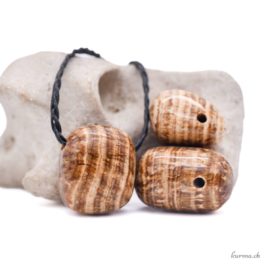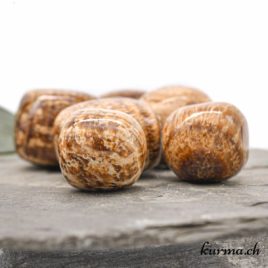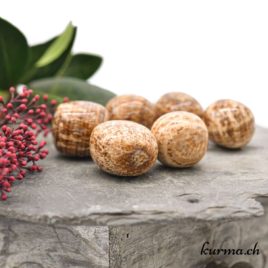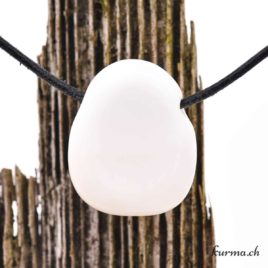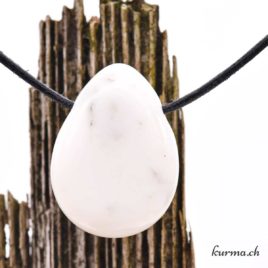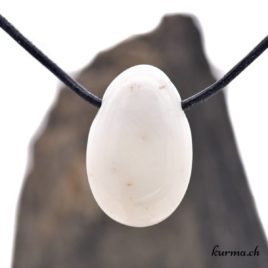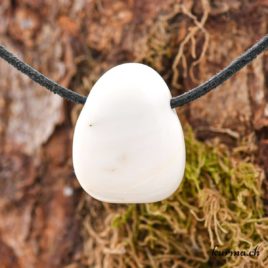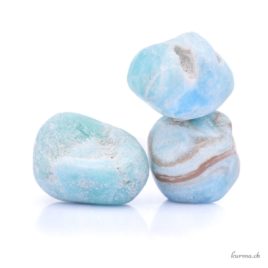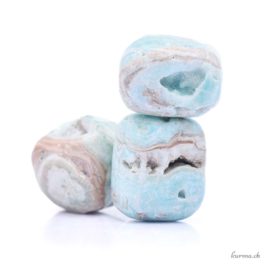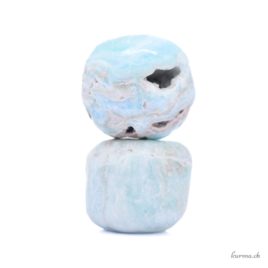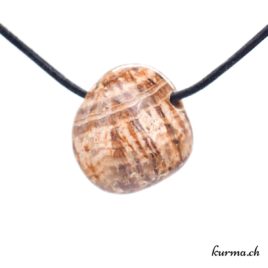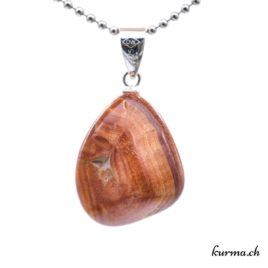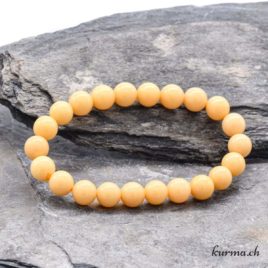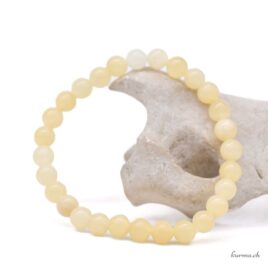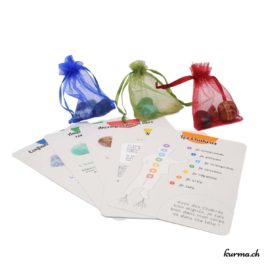Aragonite
white, blue, brown or brown, green and yellow gemstones
Aragonite takes its name from the Spanish village of Aragon, where it was discovered. It can be white, blue, orange, brown, green, pink, red, turquoise, yellow or gray. It has the same chemical composition as calcite (calcium carbonate), but not the same crystalline system.
- You cannot add this quantity to the cart - we have 1 in stock and you already have 1 in your cart. View cart
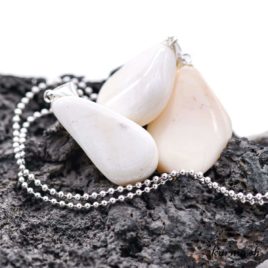
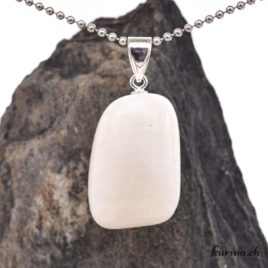
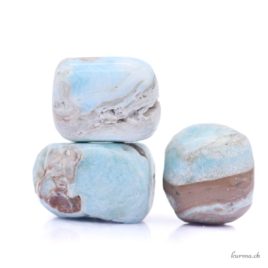
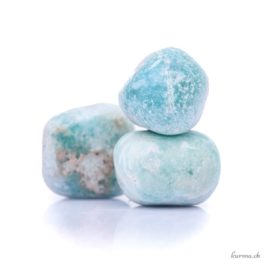
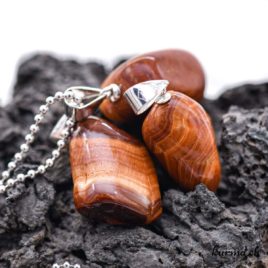
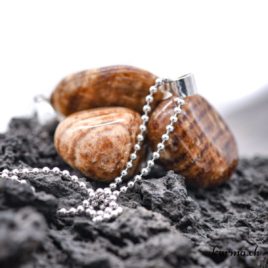
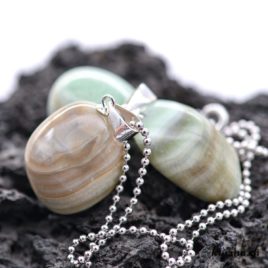
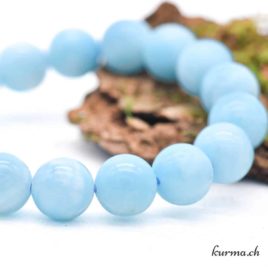
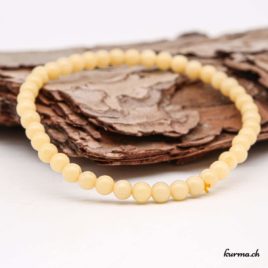
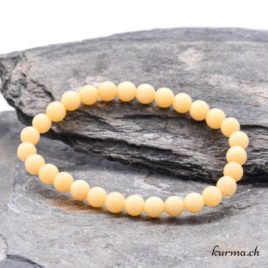
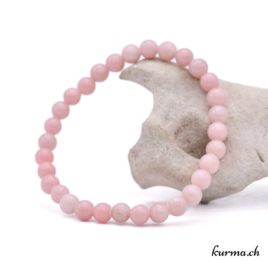
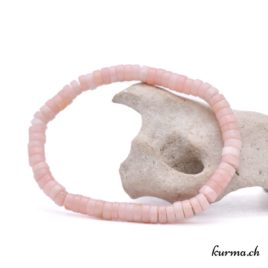
The virtues and properties of Aragonite
What does it mean?
Aragonite represents matter, the immortal structure.
What are its benefits?
In its raw form, Aragonite can take on surprising shapes! It can be crystallized. Its hexagonal crystals, clustered around a common center, give this stone appearances that stimulate our imagination and broaden our perception of the world.
It is a stabilizing, anchoring stone, helping you to rise vertically in the infinite field of possibilities open to you. It teaches you the importance of stability and structure, so that your explorations, creativity and imagination can unfold on a healthy and solid foundation.
Aragonite gives your mind greater clarity, teaches you patience ("slow is safe" is its adage), self-discipline, and soothes feelings of frustration and anxiety. It's an excellent stone for those who want to grow up too fast, for studying for exams, for hyperactive people and those with DYS disorders, hypersensitive people and all those who tend to scatter.
On the skeletal level, it works wonders in promoting bone recalcification, improving tooth enamel, hair growth and strengthening nails.
Aragonite can also help relieve growing pains and physical handicaps.
Blue or green Aragonite
Particularly soothing, blue Aragonite is indicated in periods of intense stress, nervousness or anxiety. It soothes torments and can help find the source of any problems that generate difficult emotions.
It is often recommended for hypersensitive and hyperactive people, to soothe them and help them cope better with their "troubles" on a daily basis.
Blue Aragonite can also be used to enhance harmony, benevolence and communication within the family home, especially when there are regular tensions between family members, things left unsaid or difficulties in communicating. With this stone, everyone is invited to express themselves, to share their ideas, thoughts and feelings, while taking others into consideration.
It's an ideal stone for study and exam periods, as it promotes concentration, structure, clarity and organization, while relieving stress and pressure. It's also ideal for school difficulties and DYS disorders.
Yellow Aragonite
It fosters openness to others, confidence in oneself, in one's potential, in life. It's a joyful stone, bringing good cheer and a spirit of cooperation. Its energy is welcome for group work, collective projects or any field where cooperation, bringing out one's potential, structure and creativity are of great importance.
Brown Aragonite
It's an ideal stone for anyone who lacks anchorage, feels unsupported, scatters easily, lacks structure or has trouble "being in their body".
White Aragonite
Particularly soothing, white Aragonite can be used in all stressful situations and can have a beneficial effect on sleep disorders. When thoughts and tensions prevent you from being in the present moment, it can help you regain inner calm and serenity. It can also be used to facilitate relaxation or meditation.
How to use Aragonite
- Contemplate raw Aragonite for its intellectual and creative benefits.
Place a polished Aragonite in your pocket or a rough Aragonite close to you, as part of your daily work to improve structure, grounding and patience. - Use Aragonite when you start a new project to ensure that it has a sound and solid foundation.
- In the event of a bone fracture, place it directly on the affected area to facilitate healing.
Where to place Aragonite?
- Crystallized Aragonite is perfect for the classroom, the workplace (especially architects' offices, start-ups and construction-related trades) or on your desk or creative workshop.
- In your home, Aragonite is very interesting because its crystals diffuse the energies around them in a harmonious way. It's ideal when each person needs to find his or her place within the family structure.
Aragonite purification
Cleaning and resurfacing natural stone
Moon/sun, running water, fumigation, breath/wind, intention, singing bowl, form waves, prayers...Associated astrological signs
Taurus, Leo, Virgo and CapricornChakras
Depending on its colorElements
Depending on its colorAragonite in mineralogy, composition, formation and particularities
Like Calcite and Vaterite crystals, Aragonite can have both biological and physical origins (by precipitation in freshwater or saltwater aquatic environments). It may be formed inside shellfish, or be the result of calcium carbonate subjected to high pressure in metamorphic rocks.
A member of the calcite-dolomite-aragonite family and the carbonate class of minerals, Aragonite is a rhombic calcium carbonate containing barium, iron, manganese, lead, strontium and zinc and may contain traces of other elements such as copper.
Colors are defined by the quantity of the coloring element present. Iron gives it its yellow to brown color, white is given by zinc and strontium, pink and gray by manganese, traces of copper give it its green-blue color.
Depending on its origin, it comes in a wide variety of forms. It can be found in Spain, where it was first discovered, as well as in France and Slovakia.
Lithotherapy
- Zodiac(s) :
- Capricorn, Leo, Taurus, Virgo
- Purification :
- Singing bowl, Water, Fumigation, Moon, Form waves, Sun, Breath
- Physics :
- Hair, Teeth, Nails, Bones, Skeleton
- Emotional :
- Anxiety, Hypersensitivity, Nervousness, Emotionality, Balance
- Spiritual :
- Anchoring, Harmony
- Disorder(s):
- Hyperactivity, DYS disorder
- Miscellaneous :
- Convalescence, Creativity, Relationship (family)
Mineralogy
- Hardness :
- 3.5-4.0
- Moths scale:
- 3, 4
- Strunz classification :
- Carbonate and Nitrate
- Crystalline system :
- Orthorhombic
- Chemical element :
- Ca, C, O
- Line color :
- White
- Density :
- 2.94
- Cleavage :
- Imperfect
- Fracture:
- Conchoidal, friable
- Transparency :
- Transparent to translucent
- Refringence :
- α=1,530 β=1,682 γ=1,686
- Birefringence :
- 0.156; negative biaxis
- Pleochroism :
- No
- Fluorescence :
- Yes and luminescence, phosphorescence
- Colors :
- Colorless, grayish-white to pale yellow or shades of blue, green, violet or red
- Magnetism :
- no
- Radioactivity :
- no
Other stones for concentration and structure
*Please note! Some minerals may be toxic and must not be licked or ingested (as such or in the form of powder, elixir or stone water) or be in prolonged contact with the skin or mucous membranes.
*The information on the stones described here are general indications based on our research and experience, and are not exhaustive.
Reproduction in whole or in part of this content is prohibited. More info


